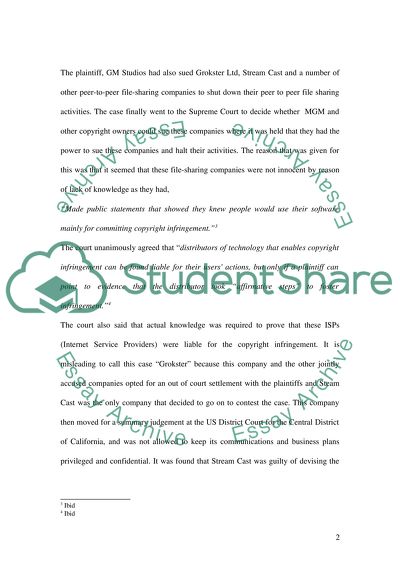Cite this document
(“Law and the Media Case Study Example | Topics and Well Written Essays - 1500 words”, n.d.)
Law and the Media Case Study Example | Topics and Well Written Essays - 1500 words. Retrieved from https://studentshare.org/law/1531312-law-and-the-media
Law and the Media Case Study Example | Topics and Well Written Essays - 1500 words. Retrieved from https://studentshare.org/law/1531312-law-and-the-media
(Law and the Media Case Study Example | Topics and Well Written Essays - 1500 Words)
Law and the Media Case Study Example | Topics and Well Written Essays - 1500 Words. https://studentshare.org/law/1531312-law-and-the-media.
Law and the Media Case Study Example | Topics and Well Written Essays - 1500 Words. https://studentshare.org/law/1531312-law-and-the-media.
“Law and the Media Case Study Example | Topics and Well Written Essays - 1500 Words”, n.d. https://studentshare.org/law/1531312-law-and-the-media.


